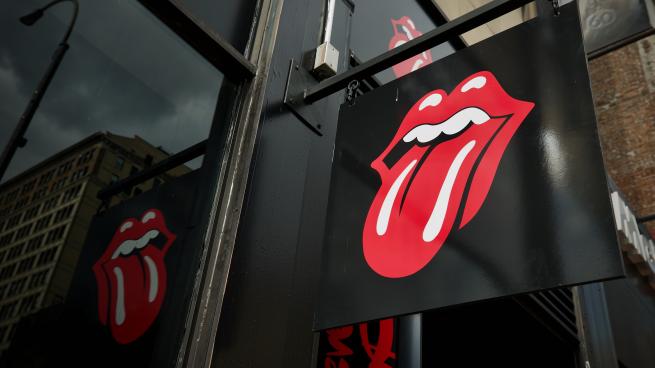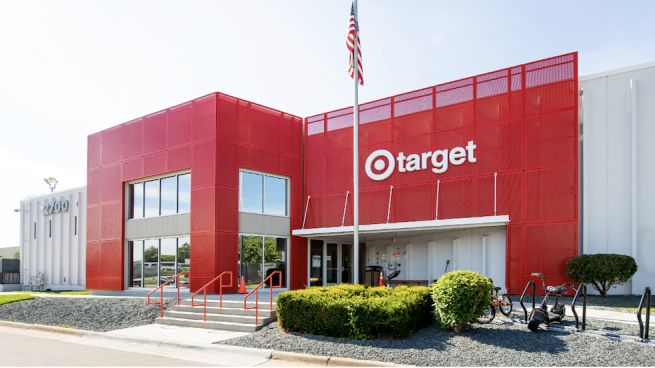How retailers can get ‘smart’ for the holidays with AI

Artificial intelligence (AI) and machine learning (ML) technology can transform your holiday preparation efforts.
Retailers are adopting AI at a breakneck pace. This is especially true regarding generative AI, which is based on ML and can create new content and ideas, including conversations, stories, images, videos and music.
Considering how critical holiday sales are to retail success, it’s not surprising that retailers are looking to integrate AI into their seasonal holiday strategies. Let’s examine how AI can enhance retailers’ holiday initiatives in the areas of customer service, merchandise planning, and fulfillment.
Customer service
Generative AI, with its ability to understand and respond to conversational inquiries from consumers, is a natural technology to support sophisticated automated customer service chatbots.
Digital secondhand marketplace Mercari is beta testing Merchat AI, a customer service chatbot based on ChatGPT technology,. ChatGPT leverages generative AI to interact with users in a conversational style that mimics human interaction and uses ML to continually refine and improve its responses.
Customers can now engage in real-time conversations with Merchat AI to discover product recommendations based on their individual needs. The new tool leverages the capabilities of ChatGPT to search the millions of items listed on Mercari’s platform in seconds, surfacing real-time recommendations based on specific chat prompts.
However, retailers need to keep in mind that many holiday shoppers may still be happier with at least some human online customer service interaction. A recent survey from AI platform InRule revealed that 59% of respondents distrust generative chatbot technology, 47% prefer humans over chatbots like ChatGPT during their customer experience, and 70% of respondents prefer to interact with and keep a human in the loop even if they are engaging with an automated chatbot.
Demand forecasting
Urban Outfitters Inc. (URBN) is deploying an AI-based merchandise planning platform from o9. The company is utilizing AI’s capability to quickly detect and react to changes in customer demand and inventory levels in a way that perfectly aligns with the need to manage real-time shifts in holiday shopping patterns.
The o9 solution consists of merchandise financial planning, assortment planning, demand planning, allocation and replenishment applications. With the deployment. URBN can optimize decision-making by being able to more quickly adapt to trends, seasonality (such as the winter holidays), stock positions, promotions, and unique demand drivers.
In addition, URBN intends to integrate predictive analytics, assumptions visibility and collaboration; as well as utilize advanced allocation and replenishment optimization techniques to proactively position inventory to better meet consumer demand.
Fulfillment
Given substantial increases in time-sensitive customer demand (nobody wants to give or receive a late holiday gift), retailers should consider integrating AI into their fulfillment operations, as well. AI can also open up new levels of fulfillment scalability, as demonstrated by the next-gen fulfillment center model being implemented by Walmart.
Walmart is opening a total of four state-of-the-art fulfillment centers dedicated to e-commerce during the next three years. The first location opened in summer 2022 in Joliet, Ill., while the second opened in June 2023 in the greater Indianapolis area. The other facilities will open in Lancaster, Tex. and Greencastle, Pa.
The new, high-tech centers feature an automated, high-density storage system that allow the retail giant to double the number of customer orders it can fulfill in a day. The system, developed in partnership with intelligent automation technology provider Knapp, streamlines a formerly manual, 12-step fulfillment process into five steps.
According to Walmart, the benefits of the new, AI-based fulfillment model include double the storage capacity and double the number of customer orders it can fulfill in a day.





